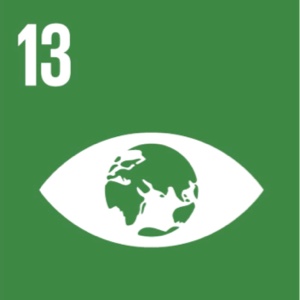Gold Standard is pleased to launch this consultation for guidance to support ISEAL members, producers and purchasers to align accounting and reporting with Science Based Targets.
According to CDP, corporate value chain emissions represent over 70% of all global emissions. A major component of value chain emissions are the commodities purchased, processed, transported and packaged by corporates.
With the advent of Science Based Targets and the growth in interest in setting and achieving value chain mitigation targets, certified commodities will have an important role to play. The commodities and producers certified by ISEAL members are a major opportunity to target reduction and removal of greenhouse gas emissions in order to grow demand and attract price premiums. Likewise, for purchasing companies, ISEAL certification schemes represent a robust mechanism to invest and be correctly allocated benefits that can count towards Science Based Targets, via Greenhouse Gas Protocol aligned accounting.
This draft guidance supports ISEAL member standards in creating, implementing and continually improving a ‘Greenhouse Gas Reporting System’ (GHG-RS) to:
- Identify the needs and capacities of stakeholders in order to inform a credible, robust, accessible and equitable system • Create accounting approaches that are comprehensive, credible and appropriate to the member’s context and sector
- Allocate data to corporates in the appropriate chain of custody and in recognition of traceability and safeguarding issues, including making good use of the definitions and practices of allocation of supply and chain of custody in the ISEAL community
- Quantify and monitor energy process and land management emissions associated with their certified commodities generally
- Allow room for producers to take action to improve their emissions profile in order, for example, to seek beneficial pricing or preferential procurement The approach is somewhat analogous to the ISEAL codes of good practice, wherein principles are set that all members must adhere to, but with different ways to approach them. Hence no two GHG-RS’ will be identical, but all will be built around common elements.
Gold Standard seeks consultation feedback as follows:
1. Is the level of detail and flow through the elements appropriate and helpful?
2. Are there any critical elements or ideas that have been left out or that have not been captured in enough detail?
3. Do you think you could apply these elements to your work (and if so/not, why)?
The initiative is made possible thanks to a grant from the ISEAL Innovations Fund, which is supported by the Swiss State Secretariat for Economic Affairs SECO.



